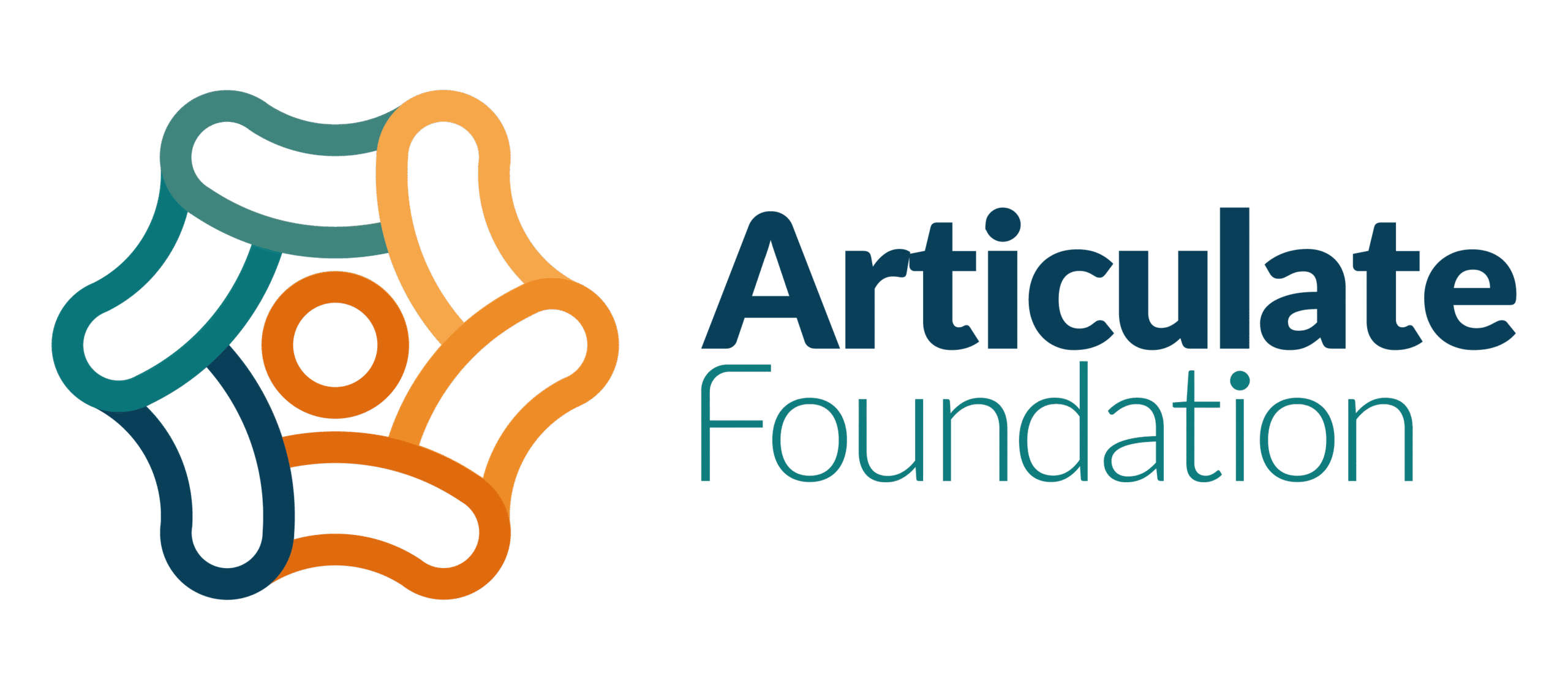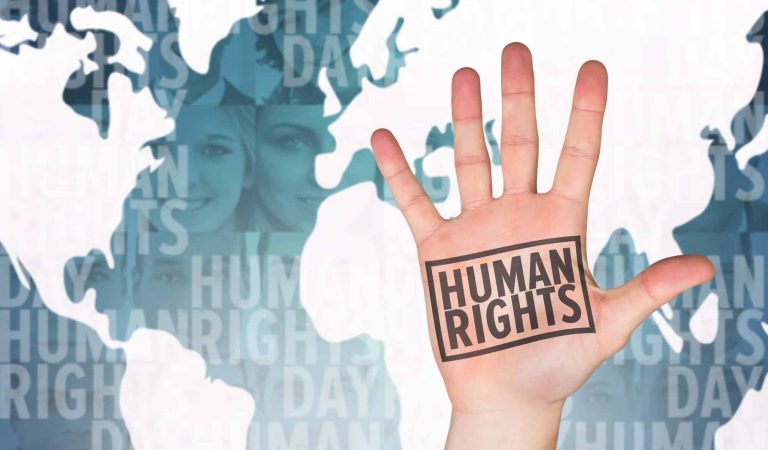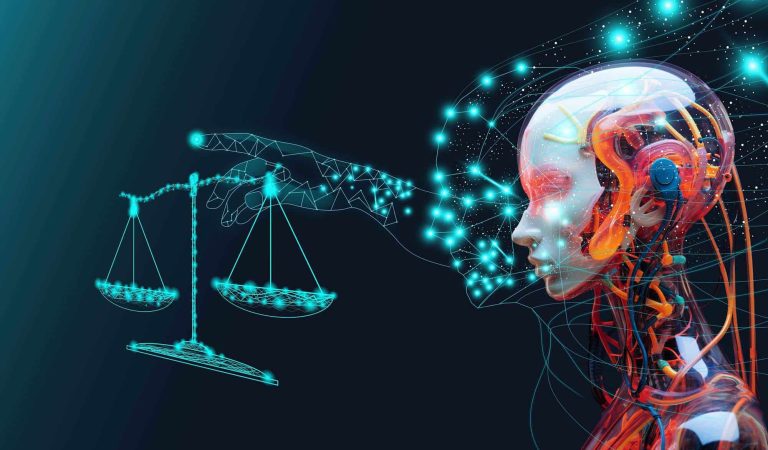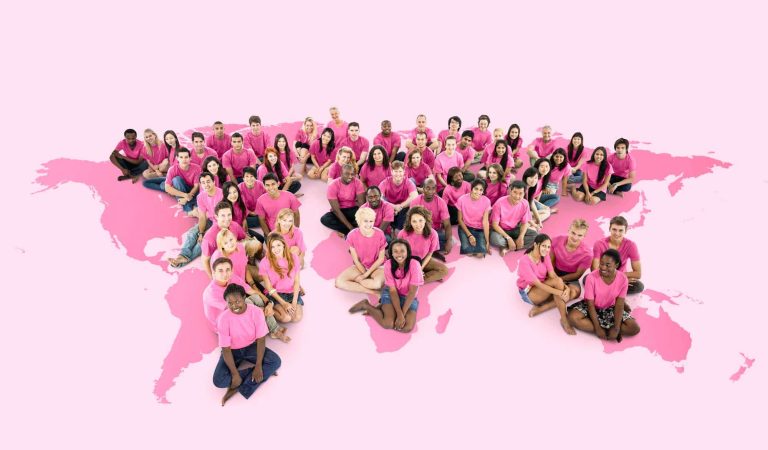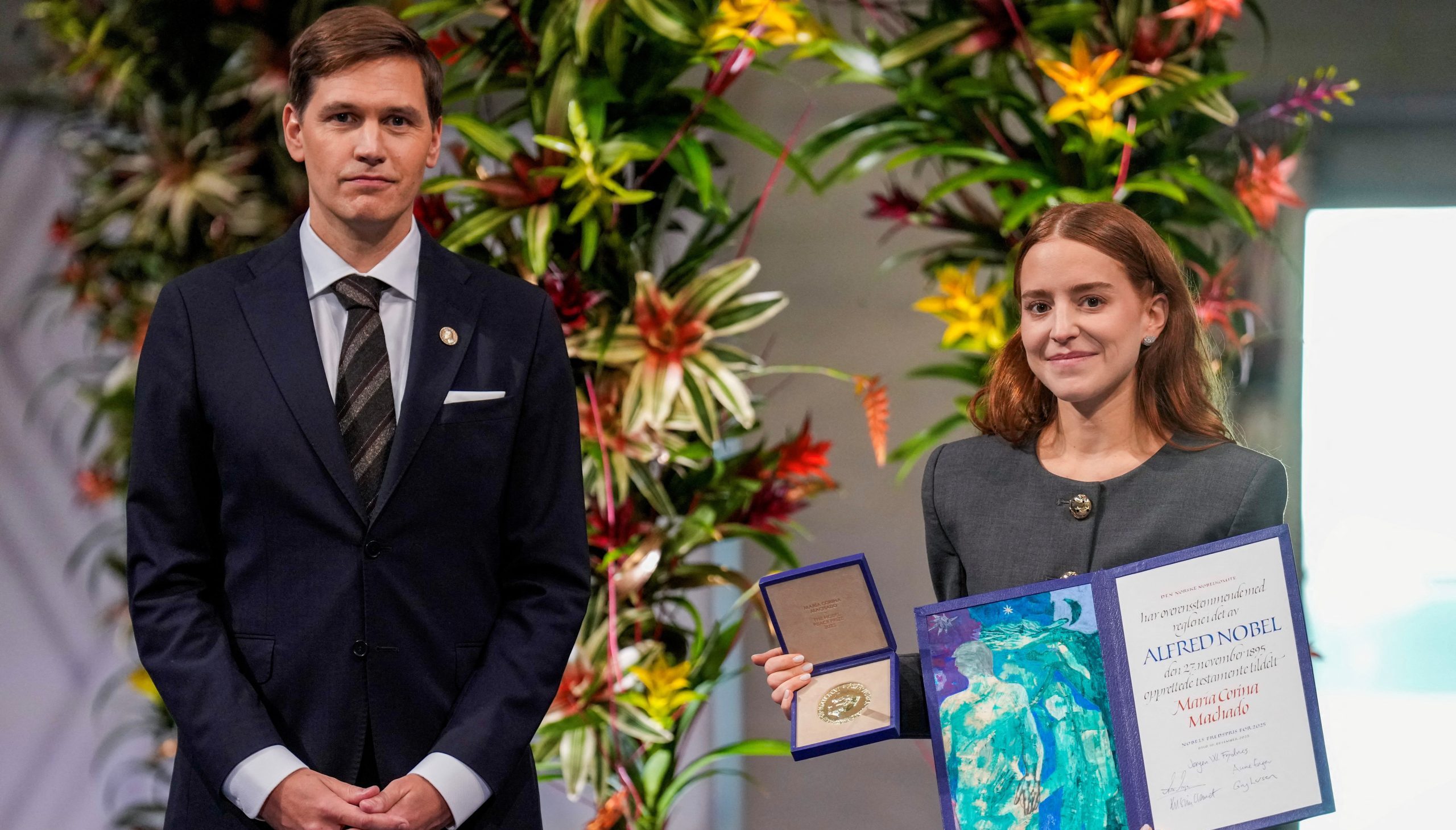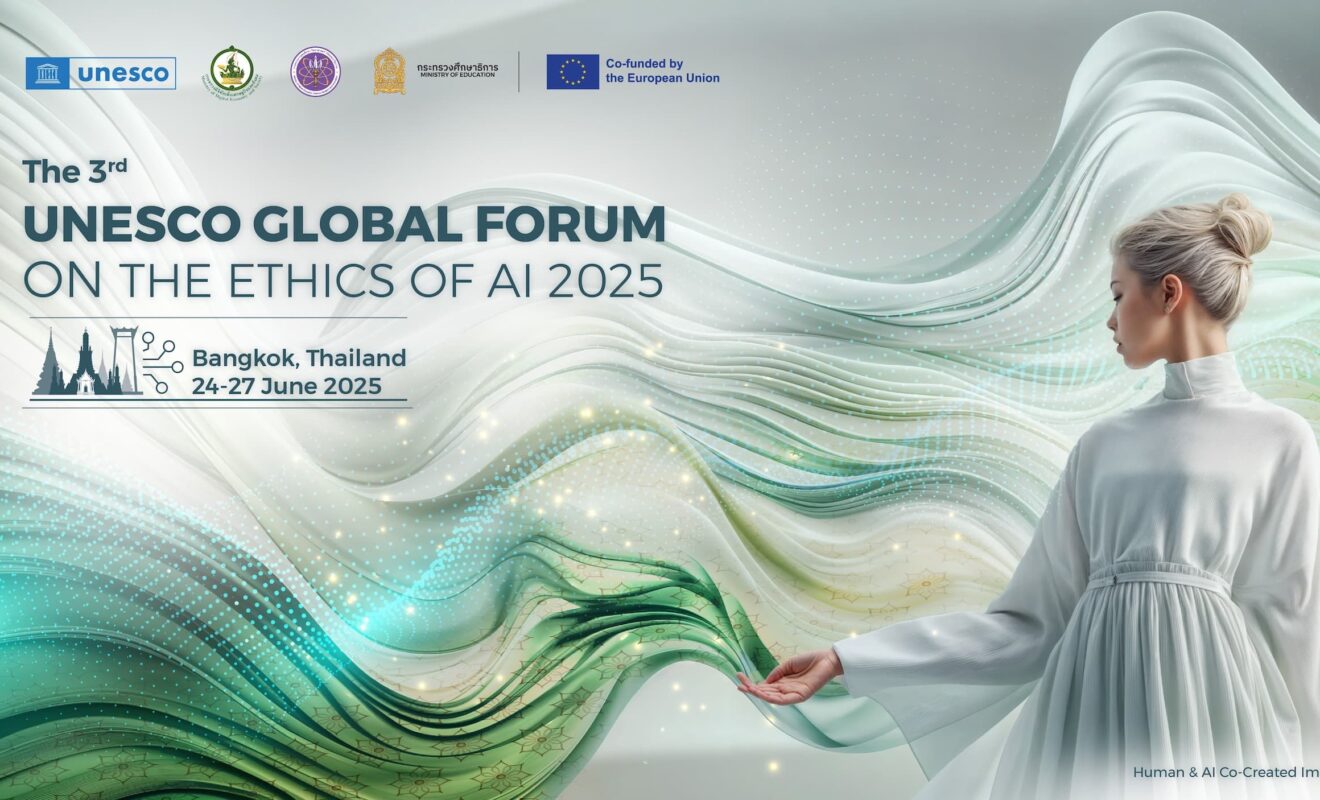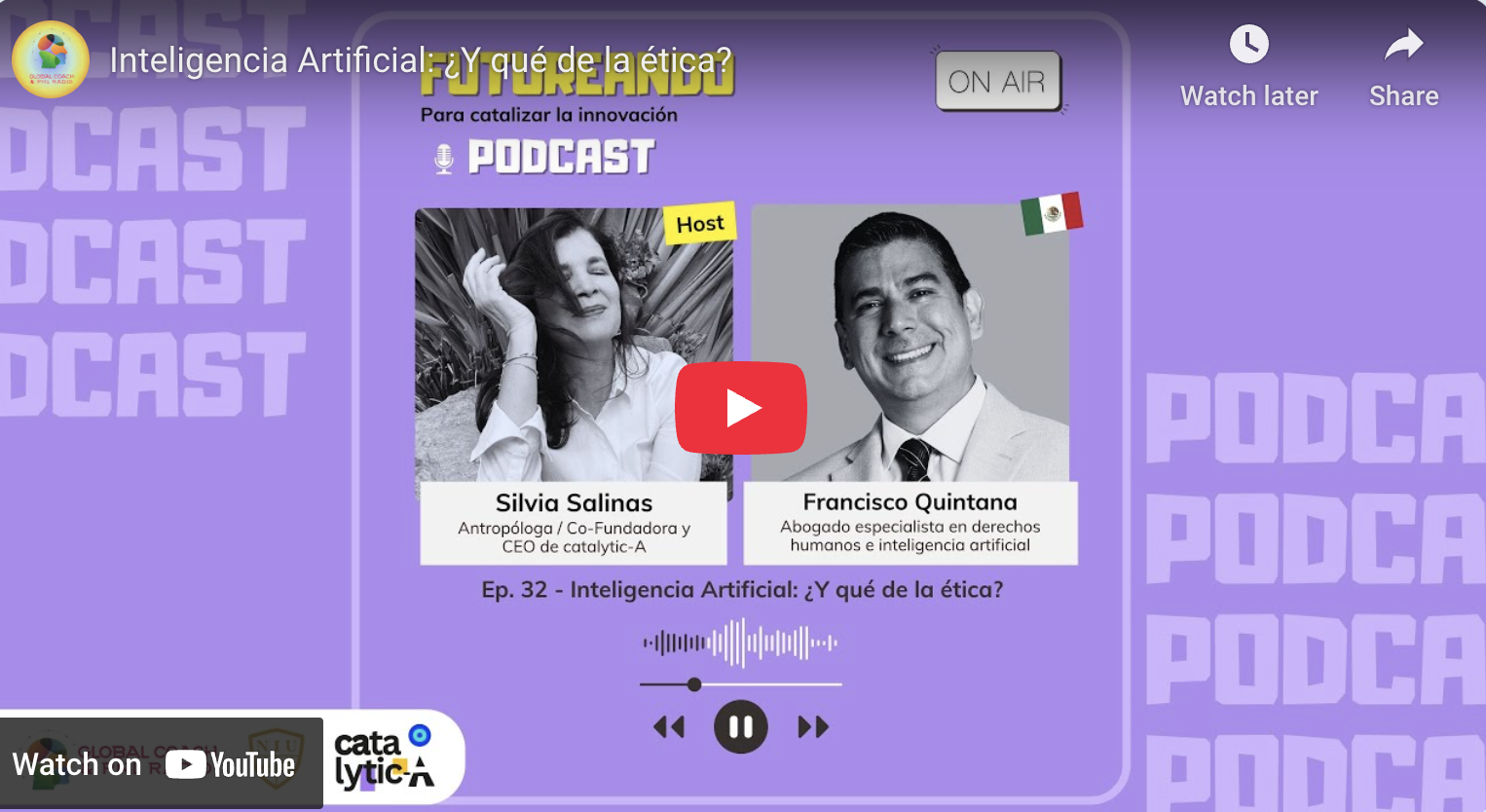The Third UNESCO Global Forum on the Ethics of AI, held in Bangkok, Thailand, from June 24 to 27, 2025, marked a pivotal moment in the transition from theoretical discussion to practical implementation of ethics in artificial intelligence. The event brought together more than 1,200 delegates from 88 countries with the aim of promoting the implementation of UNESCO’s 2021 Recommendation on the Ethics of AI.
The forum’s discussions focused primarily on the need to translate ethical principles into tangible policies and regulations at the national level, as this is a relatively new technology with no clear boundaries. Key topics included integrating cultural considerations into AI development, reducing gender disparities in the technology sector, and the importance of AI for health and social well-being. An important element was the role of UNESCO’s Readiness Assessment Methodology (RAM), a tool designed to help countries assess their capacity to implement ethical AI systems and the potential outcomes such implementation can bring.
Key Themes and Outcomes of the Forum:
From Principles to Practice: The forum placed special emphasis on the implementation of the 2021 Recommendation, which calls on Member States to develop governance frameworks to ensure that AI is used responsibly and on an ethical basis—a topic that has been widely debated in recent years given its recent popularity, growth, and development.
The RAM Methodology: The Readiness Assessment Methodology (RAM) was presented. This is a tool developed by UNESCO. Its main purpose is to help countries assess their legal and technical capacity to implement ethical AI practices. Countries such as Colombia were discussed and presented as examples. They are using this tool to align their AI roadmaps with global ethical standards, as reported by the Colombian Ministry of Science, Technology, and Innovation. This marks a major step, as growing concerns about the limits that AI should have and its ethical use have been severely questioned.
Addressing Inequalities: Discussions in this section focused on the importance of reducing gender disparities and seeking the most effective ways to ensure that AI does not affect or increase existing social gaps. The need for an inclusive approach to make the benefits of AI accessible to all was highlighted, as discussed in the opening ceremony. However, given the broad and, to some extent, constituency-based topic, the groundwork has been laid, but this remains open to various changes and interpretations depending on the country, culture, and even language.
Collaboration and Global Governance: The urgency of collaboration between governments, civil society, and the private sector was emphasized to create a global consensus on the regulation of AI, as it lacks regulations or any entity to monitor it. An example of this collaboration was the participation of several countries, such as Paraguay, which reaffirmed their commitment to responsible innovation and maintaining ethical principles, according to the National Council of Science and Technology of Paraguay (CONACYT).
Third UNESCO Forum is a vital step in ensuring that artificial intelligence serves humanity fairly and equitably, that it becomes a practical tool and can change the way we view and use technology. The emphasis on global action and collaboration is crucial to ensuring that AI innovations do not just benefit a few but promote equity and inclusion on a large scale. Articulate Foundation supports efforts to develop governance frameworks that balance innovation with accountability, ensuring that AI serves humanity fairly and equitably.
